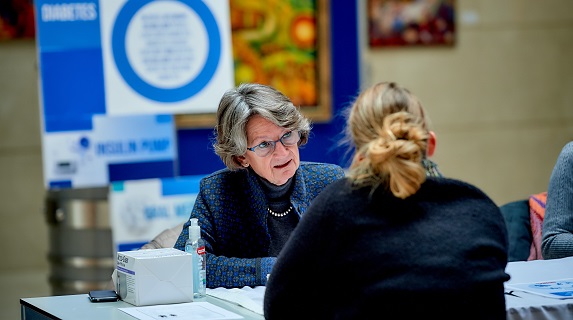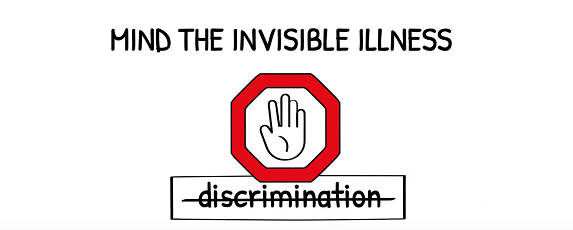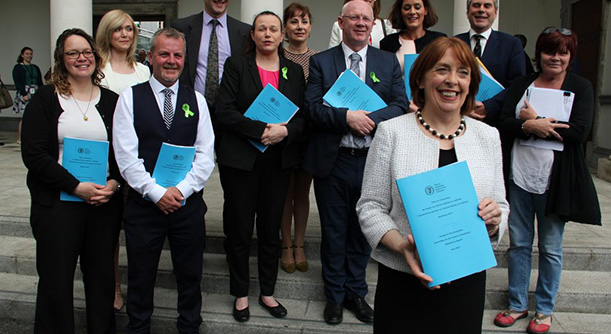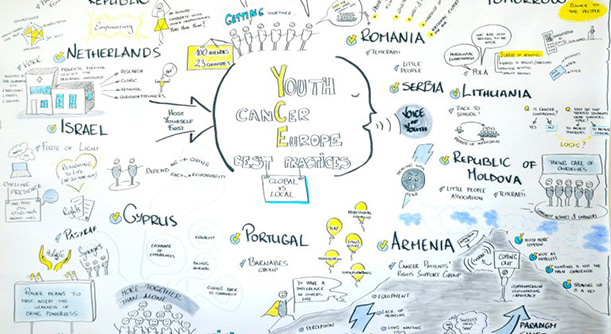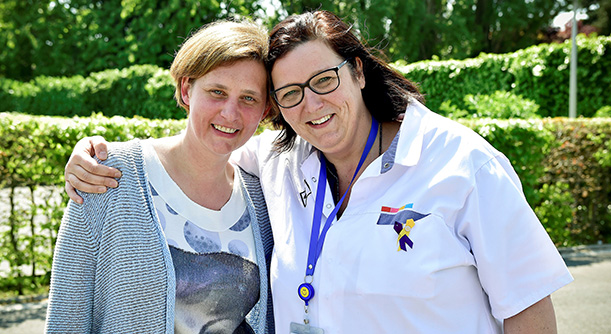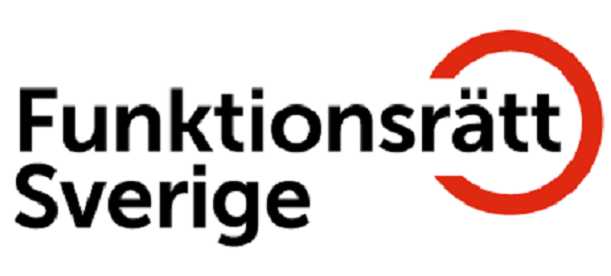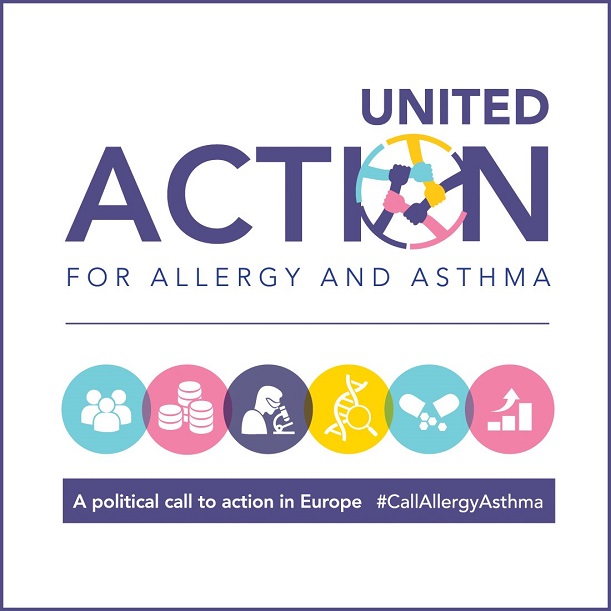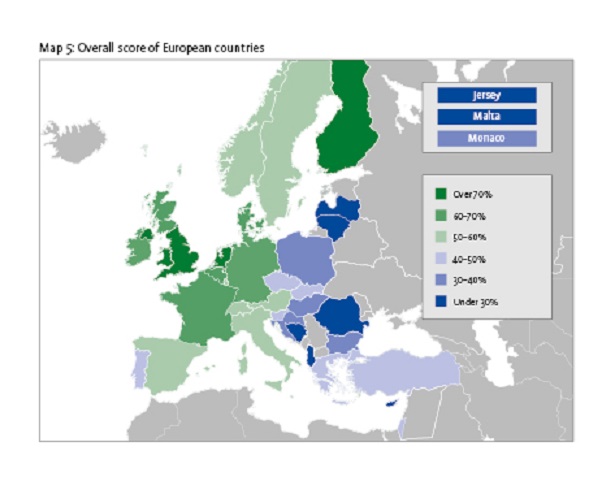World Diabetes Day was celebrated on 14 November all around the word, and EPF member IDF Europe organised several activities in the European institutions to bring the topic and their advocacy work to a higher policy level.
At the European Parliament in Strasbourg (13-16 November)
World Diabetes Day is always an important period for our high-level advocacy efforts towards Members of the European Parliaments (MEPs), and this is why this year we decided to organise our annual afternoon debate at the European Parliament in Strasbourg.
Hosted by MEP Roberta Metsola (EPP, Malta) and chaired by MEP Bogdan Brunon Wenta (EPP, Poland) our annual afternoon debate was articulated around the 2017 theme “Women and Diabetes” and was a great success with the participation of six MEPs.
IDF Europe was well represented through the presentations on the role of women in the improvement of health outcomes by Sandra Bršec Rolih (IDF Europe Board Member), on Diabetes in pregnancy by Prof Nebojsa M. Lalic (IDF Europe Board Member), and on our initiative Mobilising Parliamentarians to Act to Prevent, Care and Treat diabetes (IMPACT) by Prof Dr Sehnaz Karadeniz (IDF Europe Regional Chair). During the debate, Rachel Portelli (IDF Europe Youth advocate) and Cristina Petrut (IDF Europe Board Member) also shared their personal story as women living with diabetes.
At the end of the debate, seven MEPs signed our diabetes pledge – a powerful statement on diabetes and available in seven languages – joining that way the 30 members of national and European parliaments who already signed it.
In addition, 270 blood glucose tests were performed by our French member association Fédération Française des Diabétiques from 14 to 16 November at the Parliament.
At the European Commission in Brussels (13-15 November)
For the second consecutive year, IDF Europe was invited to organise a lunch time presentation at the European Commission (EC). The intervention “Prevention of Diabetes in the modern era of affluent society and economic constraints” by IDF Europe Board Member Professor Konstantinos Makrilakis took place on 15 November and attracted more than 30 staff members from the European institutions. It was also live streamed to the offices in Patten.
Thanks to our positive collaboration with the EC, we also organised a blood glucose testing at the Directorate General Environment office, at the Berlaymont (the landmark of the EC in Brussels) and at the Atrium over a period of three days (13-15 November). More than 500 blood glucose tests were performed over that period and this event provided us with an excellent window to educate participants about diabetes, its prevention and complications.
Furthermore, promotional flyers on risk factors of Type 2 Diabetes were given out which allowed us to promote IDF Europe as a frontline organisation representing people living with diabetes as well as healthcare professionals.
We would like to thank Ms Viviane De Laveleye for dedicating her time during the three days of blood glucose testing and acknowledge the support from the EC’s Medical Service department for making this public outreach possible.
More information
If you want to know more information about IDF Europe and its work, visit its website.
